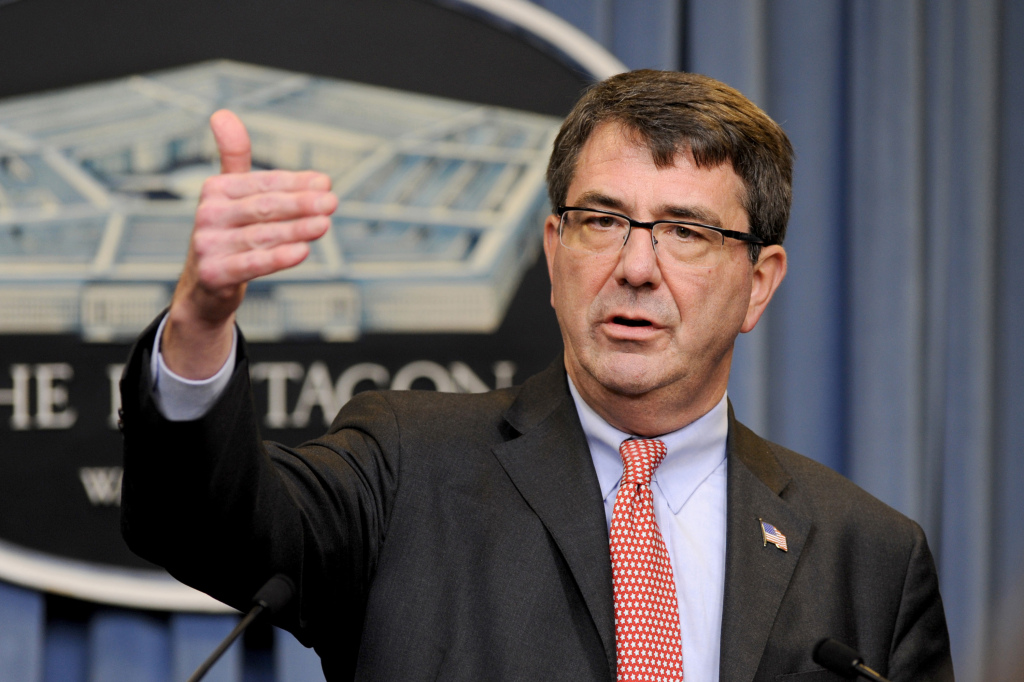
It’s not been a great night for former US secretary of state Hillary Clinton, who is losing the New Hampshire primary to Vermont senator Bernie Sanders by a margin of more than 20%. ![]()
Though there’s reason to believe that Clinton will bounce back in the Nevada caucuses on February 20 and the South Carolina primary on February 27, there’s one low-hanging piece of fruit that she could pluck that might instantly boost her campaign’s chances. It’s a policy that could attract Sanders supporters, emphasize the historic nature of her candidacy to become the first female president of the United States and put the eventual Republican presidential nominee on the defensive, all at once.
It’s paid parental leave — and the United States is one of the few countries in the developed world that doesn’t guarantee it. The OECD average is 17 weeks of maternity leave, the United Kingdom offers 39 weeks, Mexico offers six weeks, and many European countries offer far more to both mothers and fathers (though not always paid at 100% of one’s income):

In fact, extending Australia’s paid parental leave was at the heart of former prime minister Tony Abbott’s successful 2013 bid to return his conservative Liberal Party to government. Indeed, it was his subsequent u-turn on parental leave that cost Abbott his popularity and, ultimately, his premiership. Continue reading How Hillary Clinton can get her groove back: paid parental leave

